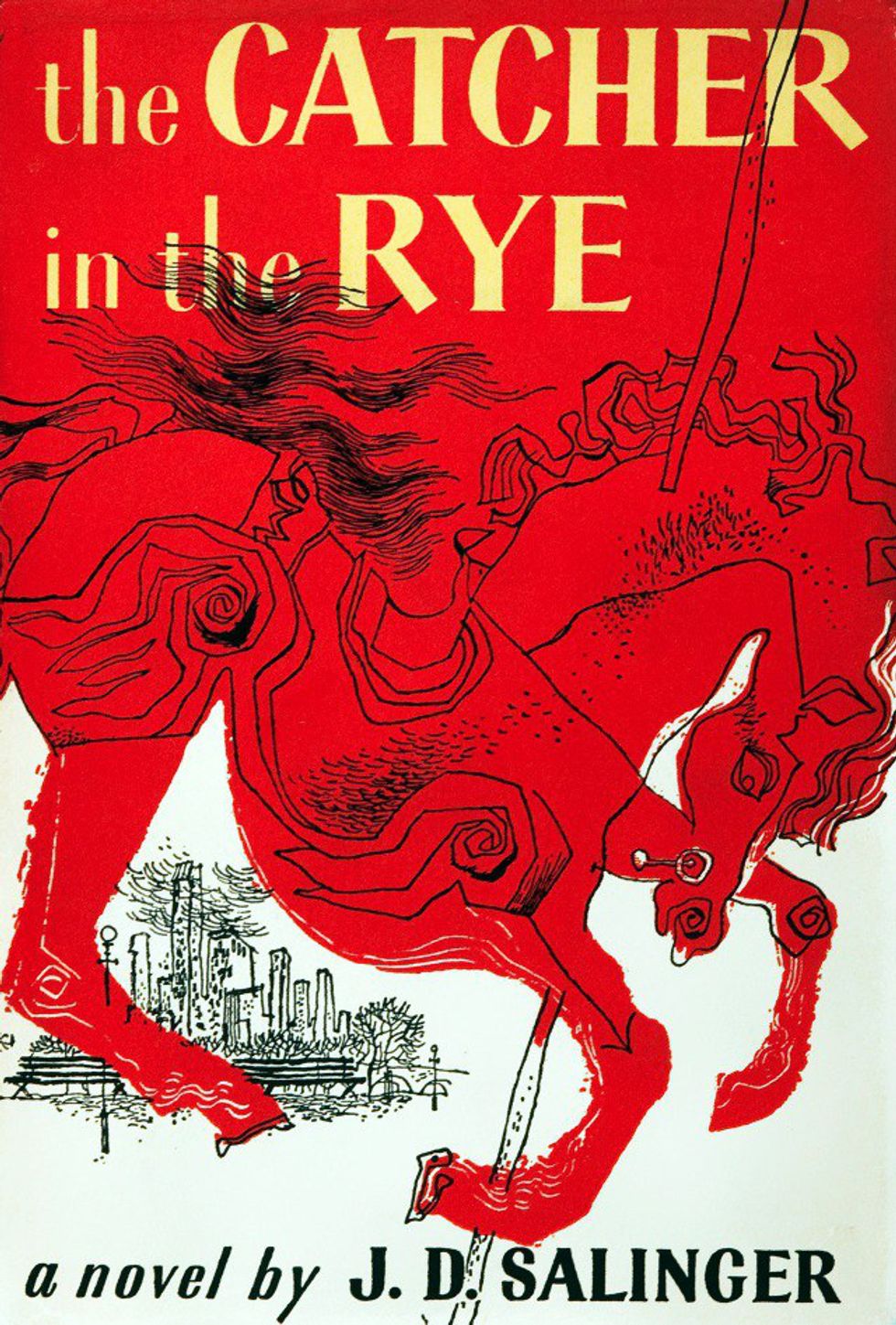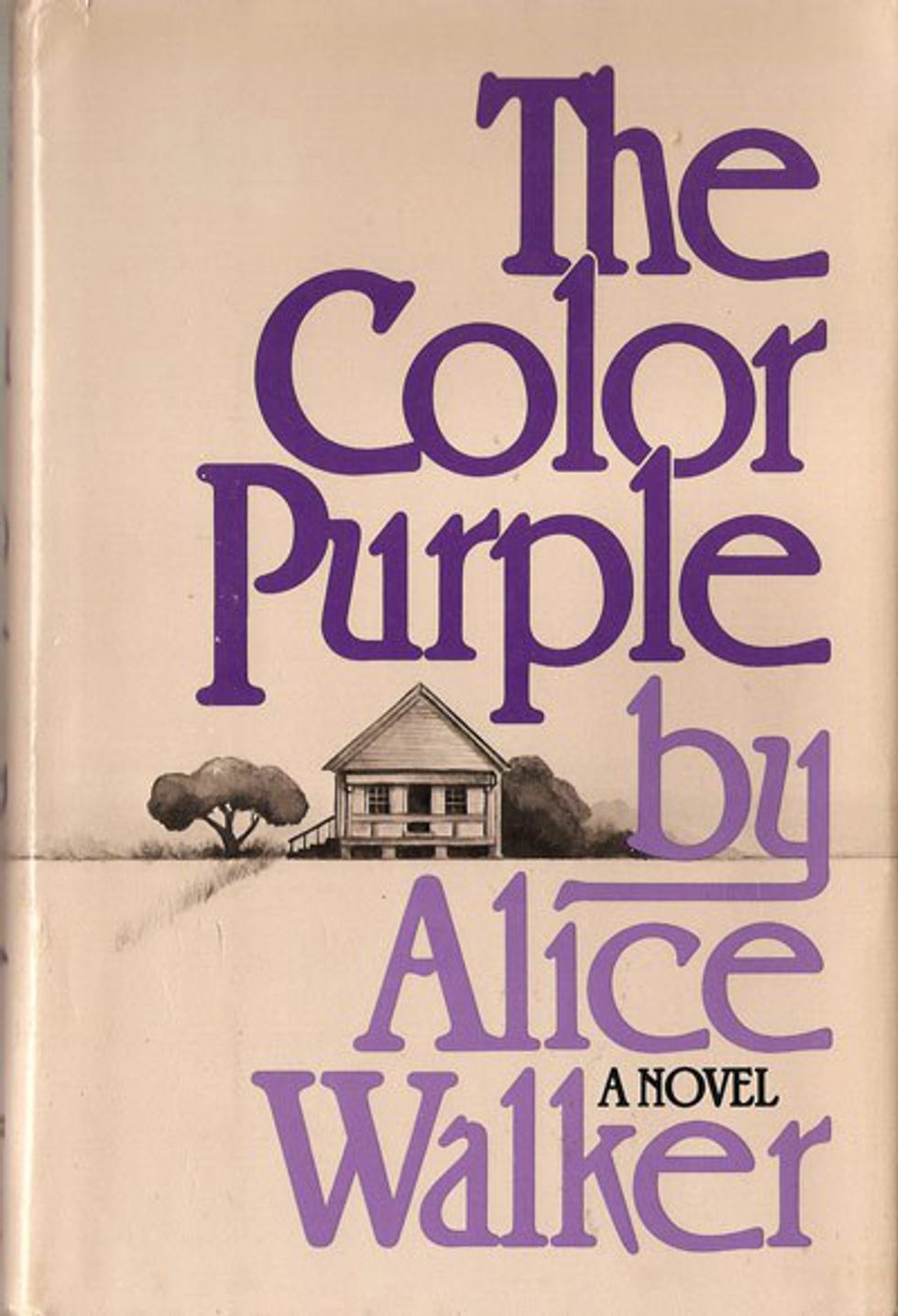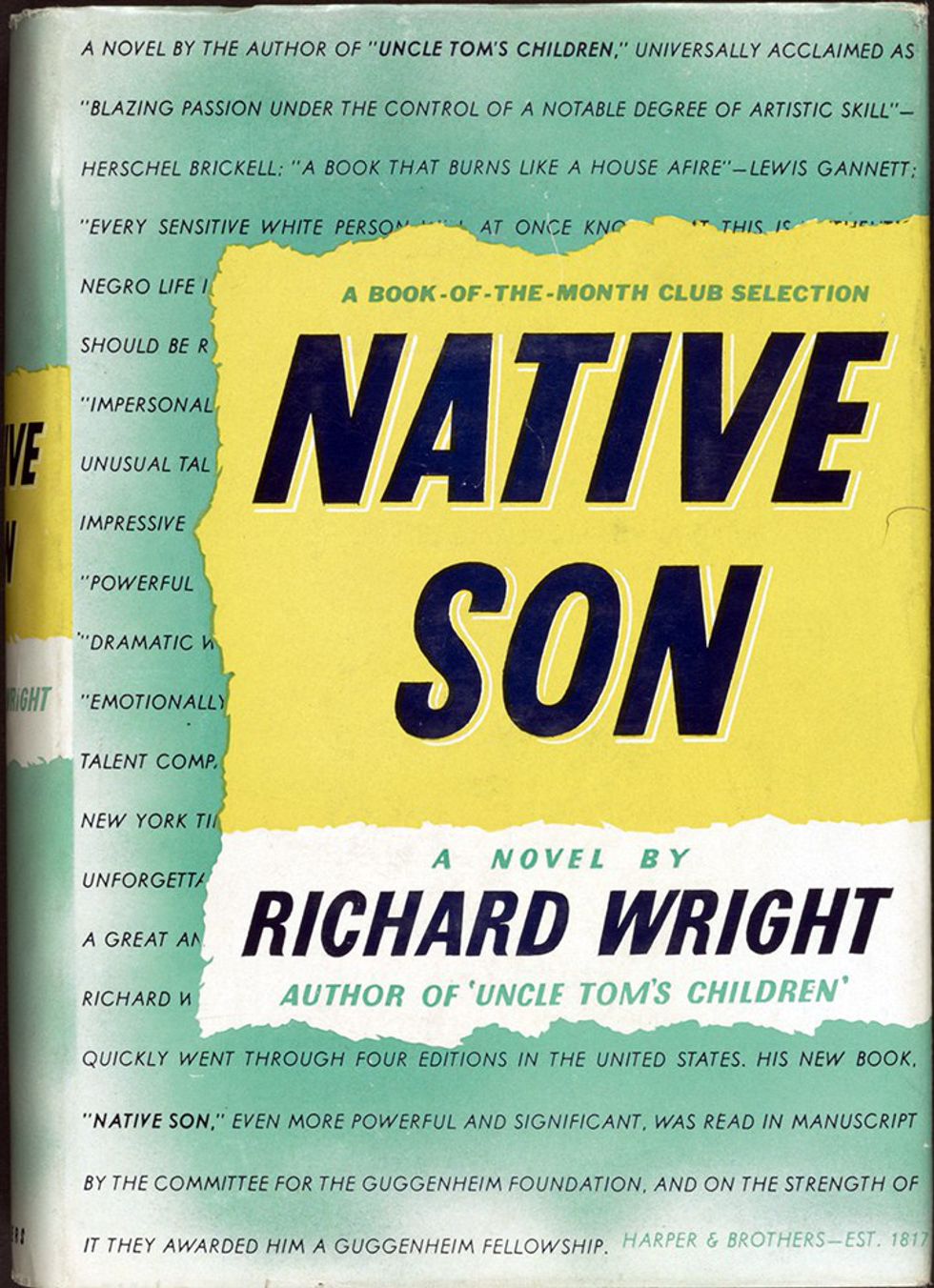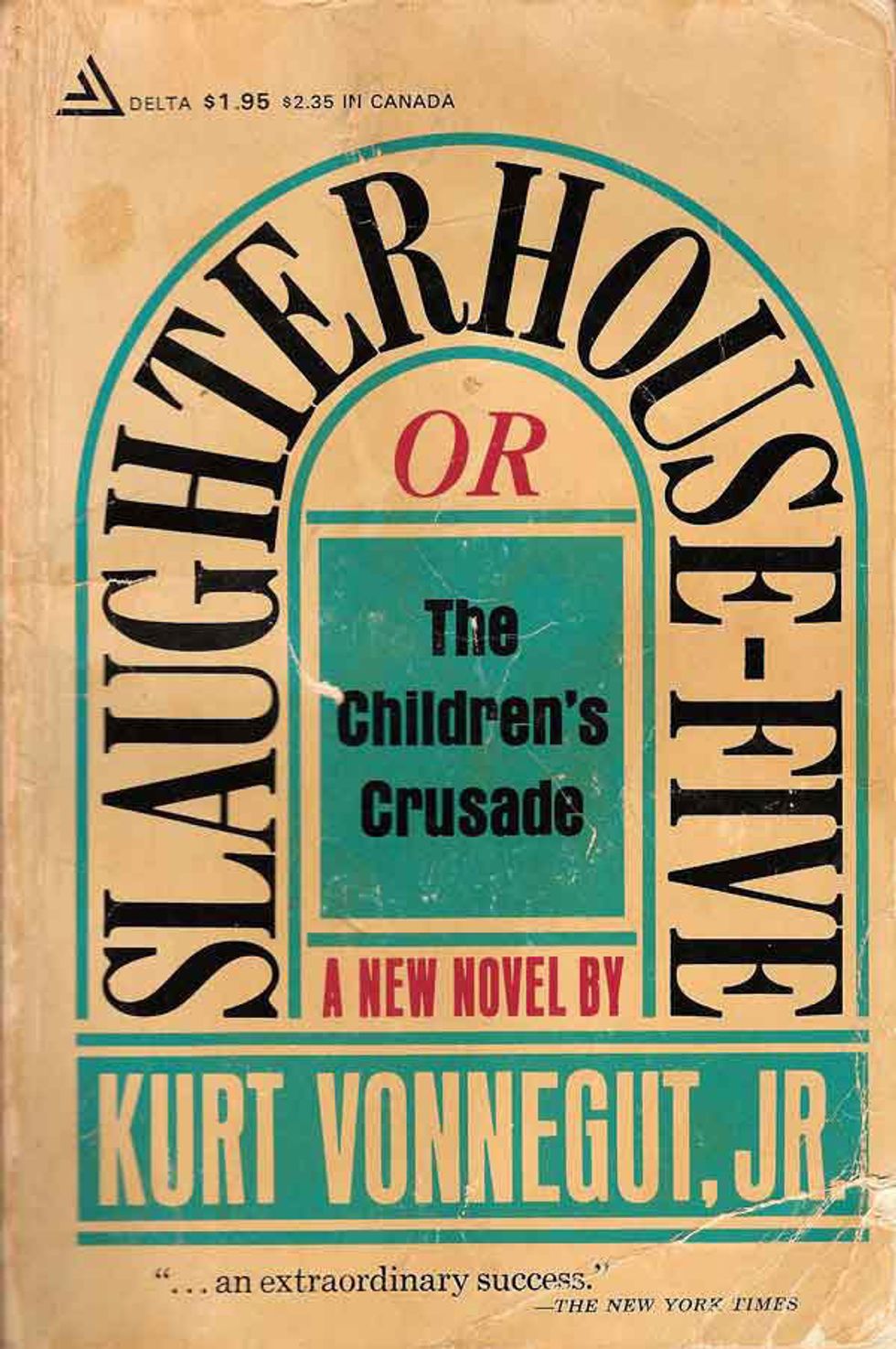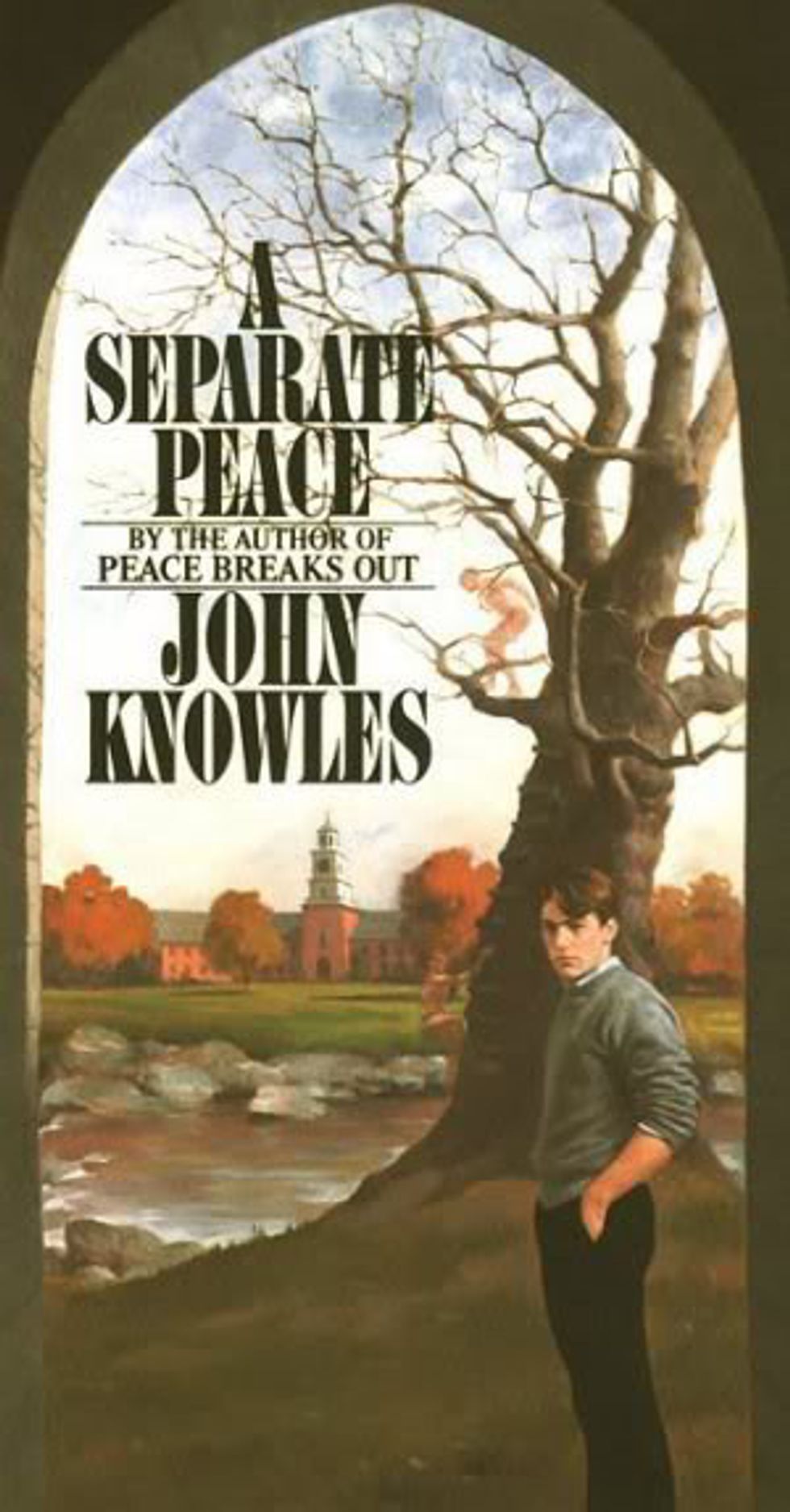In the DC/Metro area, DC public libraries will be hosting a banned book scavenger hunt in honor of Banned Books Week. The unofficial holiday, from September 25 to October 1, celebrates the freedom to read. DC public libraries brings together libraries, publishers and book stores to participate by hiding challenged books for citizens to find. Books were banned/challenge for any number of reasons (Violence, Racial Issues, Political Bias), but all because of unpopular views and opinions in the content of the book. Banned Books Week is important, as it provides us with the opportunity to read and reflect over the reason these books were challenged in schools across the nation. Below are a list of books that can be found in the scavenger hunt.
1. The Catcher In The Rye
Translated into almost all of the world’s popular languages, this novel by J.D. Salinger is about a teenage rebellion and angst. Salinger also explores identity, innocence and belonging. Since the 1960s, The Catcher In The Rye has been challenged in schools for being “anti-white” and “obscene.”
2. The Color Purple
Alice Walker’s epistolary novel reveals the life of African-American women in rural Georgia. Situated in the 1930s, The Color Purple addresses their low standard in society. Cited as being “troubling ideas about race relations, man's relationship to God, African history and human sexuality,” The Color Purple has been challenged since 1984 and is often referred to as “smut.”
3. Native Son
Native Son is about the life of 20-year-old Bigger Thomas, living in a poor area in Chicago’s south side. Written by Richard Wright, he depicts crimes committed by Bigger. In the novel, Bigger’s lawyer defends him stating that there is no way he or other black American could escape his fate due to the society they grew up in and told them their fate. Native Son was first challenged in 1978 for having “violence, sex and profanity.”
4. Slaughterhouse Five
Published in 1969, this dark comedy written by Kurt Vonnegut is about Billy Pilgrim’s journey through time and World War II. Considered to be semi-autobiographical, a paramount moment focuses on Pilgrim surviving the Allied firebombing of Dresden as a prisoner of war. Slaughterhouse Five has been challenged for containing “foul language and deptictions of torture, ethnic slurs and negative portrayals of women,” and was burned in Drake, North Dakota, in 1973.
5. A Separate Peace
This New York Times bestseller by John Knowles tell the story of Gene Forrester who goes back to prep school 15 years after he’s graduated. Knowles examines loss, innocence, patriotism and mortality through the narrator. A Separate Peace has been challenged since 1980 and is regarded as a “filthy, trashy sex novel.”




